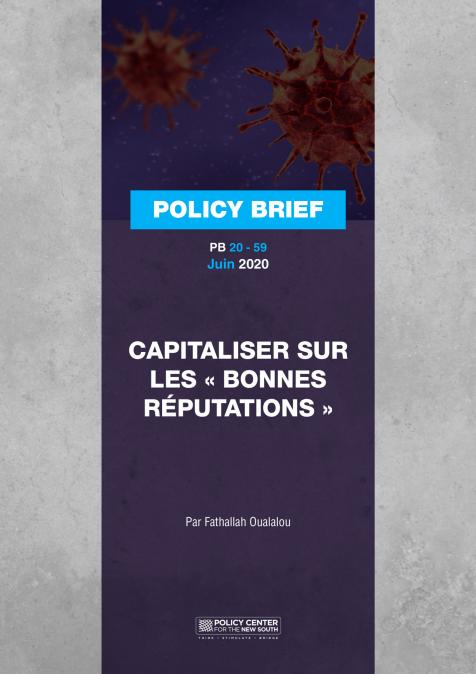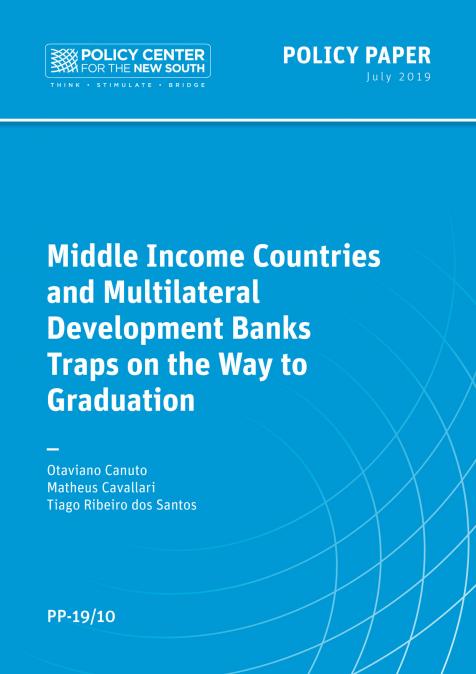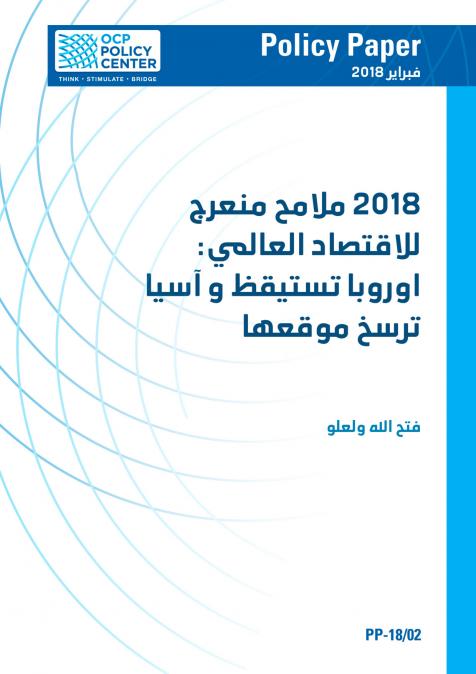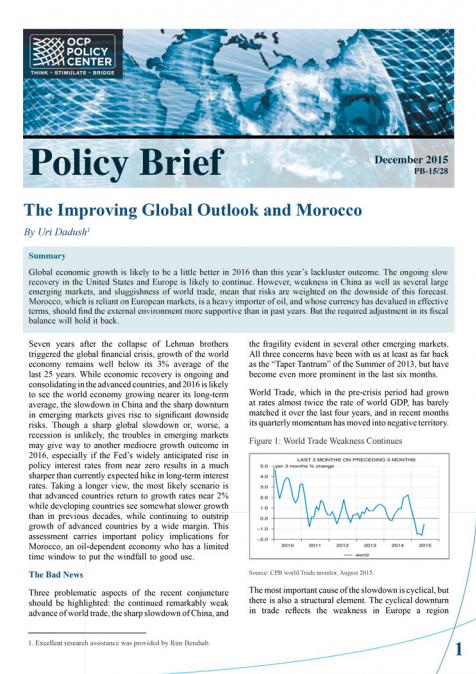Publications /
Policy Brief
La réputation, concept majeur s’il en est, est un indicateur de l’estime accordée à une personne physique mais aussi à une entreprise ou encore à une entité étatique. Constituée d’une somme de perceptions, elle est la résultante globale de l’ensemble d’images, d’appréciations des actions et comportements de celles-ci. Ainsi, la bonne réputation d’un gouvernement est déterminée et mesurée par son aptitude à faire face aux épreuves que traverse le pays, à affronter les bouleversements qui le secouent et à gérer les sorties de crise. A l’échelle des relations internationales - notamment en cette phase de globalisation avancée –, la réputation d’un pays donne une image sur sa capacité à rayonner au niveau de sa région, voire au-delà, et à s’adapter aux chamboulements de la mondialisation. La crise de la Covid-19, qui s’est produite à la fin de la deuxième décennie du siècle, reflète, par sa gravité, la vulnérabilité de cette mondialisation. Survenant après les chocs, géopolitique du 11 septembre 2001, et économique, de la crise de 2008, elle a révélé au grand jour l’incertitude et l’imprévisibilité du monde actuel, devenues des constantes. Elle a contraint les pouvoirs publics à choisir la sauvegarde des vies humaines - imposant le confinement de plus de 4 milliards de personnes - au détriment de l’économique. Qui s’est effondré. Et qu’il faut aujourd’hui aider à se relever. Les Etats se trouvent, de ce fait, aujourd’hui mobilisés sur plusieurs fronts à la fois : le front sanitaire et avec lui les exigences de la protection sociale de tous et le front économique pour la relance de la machine.






